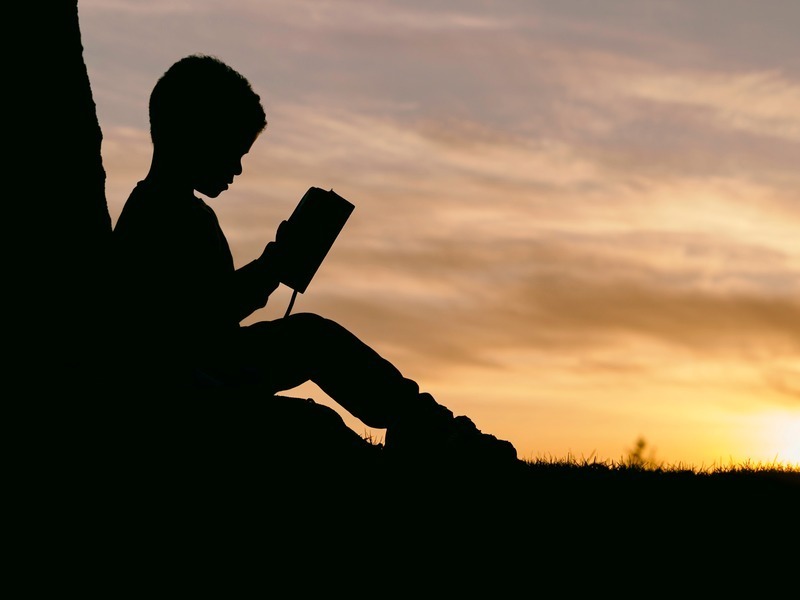
A history textbook for students in Ghana's basic four grades that discusses the drawbacks of religion, particularly Christianity, has caused controversy. Due to its controversial subject matter, the book "History of Ghana for Basic Schools, Learner's Book 4," written by Francis Benjamin Appiah and Henry David Appiah, has aroused discussions on social media.
Despite the National Council for Curriculum and Assessment's denial of its acceptance of the aforementioned version, the organization's endorsement appears on the textbook's cover. The contentious page is found on a page titled "NEGATIVE EFFECTS OF CHRISTIAN MISSIONARY ACTIVITIES."
Anti-Christian Points Given in a Textbook from Ghana
According to the article shared in Neat FM, the seven criticisms of Christianity listed in this section have sparked discussions and arguments on social media. The arguments made in the points include assertions that religion is a major contributor to international conflict, that Christianity increases poverty, and that the new religions that missionaries spread "create a sense of fear or timidity in their adherents."
The content of the textbook has generated much discussion, bringing attention to the sensitive nature of religious instruction in schools and the wider societal ramifications. The book's critics claim that it promotes anti-Christian sentiment and casts doubt on the review procedure for educational materials.
The dispute also highlights the need for fair viewpoints that respect other faiths and values by bringing up issues with how religion is presented in school curricula. The NaCCA's refusal to approve the textbook also raises concerns about governance in the educational publishing industry, which will probably be the focus of additional research.
Also Read: Alarming Rise in Anti-Christian Sentiments Amid Biden Administration, Cultural Shifts
The Contents of the Textbook Attacking Christians
According to the story in Ghana Web, the writers contend that conflicts and ideological issues have their roots in religion, notably Christianity, not just in Ghana but around the world. They contend that by encouraging complacency and discouraging real measures to improve living conditions, Christianity has worsened poverty levels.
Another debated topic brought up in the textbook is the effect of religious ideas that were introduced by missionaries. According to the writers, these ideas promote fear and obstruct human development and empowerment. The book also makes the claims that some religious groups actively discriminate against women, contributing to gender inequity and that religion gives con artists a way to take advantage of the weak.
The textbook also criticizes the politicization of religion, alleging that some Ghanaian politicians take advantage of religious sentiments for their own political gain. Finally, the textbook contends that because of its conservative and static nature, religion, particularly Christianity, stifles innovation, creativity, and critical thinking. Stakeholders in Ghanaian society, including educators, spiritual leaders, and policymakers, are having fruitful discussions to address the issues brought up in the book and advance a more inclusive understanding of religion's function in the country.
Other Anti-Christian Attacks Recently Happened
In the article shared here in Christianity Daily, actor Rainn Wilson has attacked Hollywood's alleged anti-Christian bias. He tweeted his disapproval of the HBO rendition of "The Last of Us," saying it was predictable to represent a man who quotes the Bible as a vile enemy. Wilson has advocated for environmental activism and gotten support from his coworkers. He advocated for religious equality and the acknowledgement of Christians' beneficial contributions while also admitting the harm that some evangelical practices had created.
Related Article:New Year Prophecies: Ghana Issues Warning to Stay Safe and Think Critically Before Believing



















